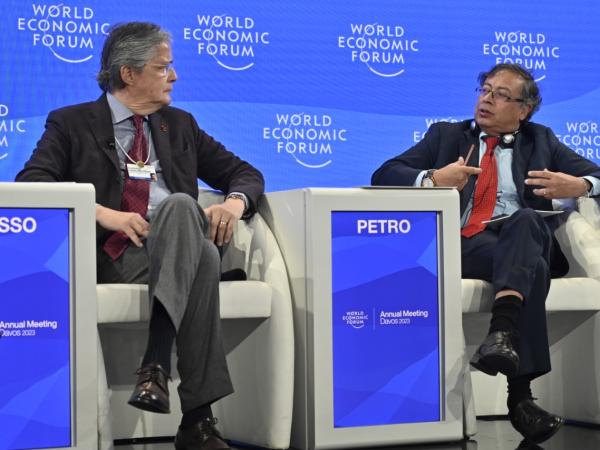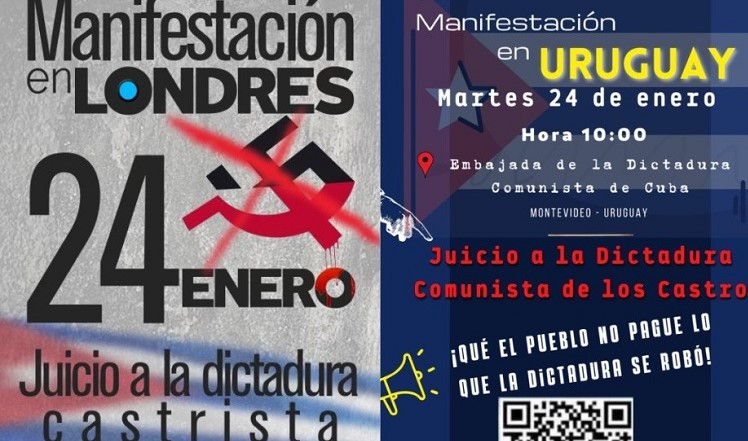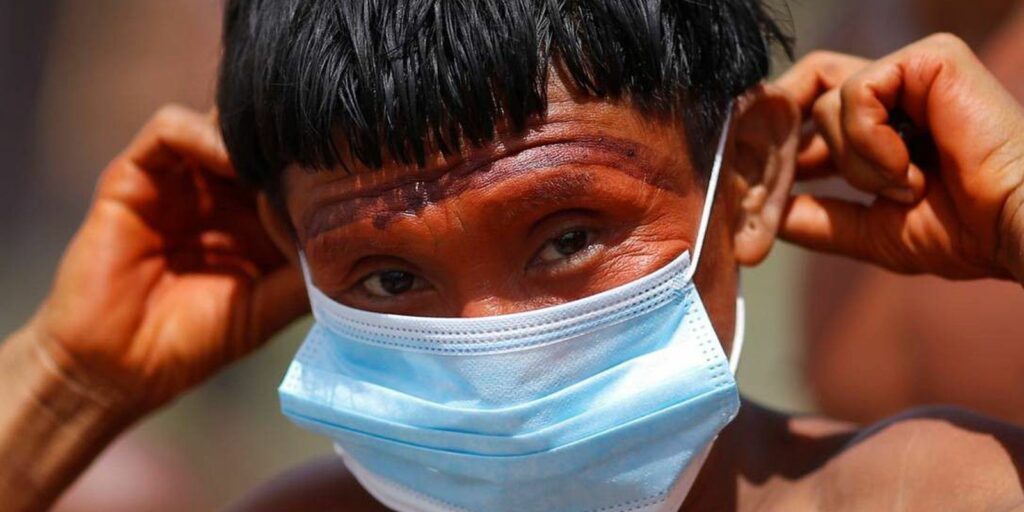The president of Colombia, Gustavo Petro, asked this Wednesday for the arrival of foreign direct investment in Latin America that allows accelerating the productive change in the generation of clean energy in the region.
(‘Zero use of coal, oil and gas’: Petro’s message in Davos).
Petro emphasized that the territory, especially South America, has the potential of the Amazon jungle and the generation of clean energy as differential factors compared to the rest of the world in the face of the climate crisis.
“With the technologies discovered so far, if we build an American electrical grid, we can, in a certain way, sell our clean energy potential so that the United States can change its energy matrix, the first element to change everything in the world,” the president pointed out during the panel ‘Leadership for Latin America’, where he shared with other heads of state and senior political figures at the World Economic Forum, in Davos.
(Petro speaks at the World Economic Forum in Davos).
This commitment, added the president, could lead to the creation of a common agenda, where the materials required by this new source of clean energy can be used in reindustrialization processes. “to generate the energy ourselves”.
“We need investments that help us develop that: a matrix of foreign investment that supports the construction of clean energy in South America, with a guaranteed market, if we go by direct network to the United States and by sea to the rest of the world,” assured the Colombian president.
This vision was also supported by Fernando Haddad, the Brazilian Finance Minister, who assured that this integration of the region is “absolutely necessary” for development.
“We can become a world center for clean energy. It is necessary and decisive for the green industry”, assured the former mayor of Sao Paulo.
Haddad, a key figure in the third presidency of Luiz Inácio Lula da Silva in Brazil, added that the region “needs other types of investments”, ensuring that the integration “It has to rest on infrastructure, trade agreements and strengthening integration mechanisms such as Mercosur, including new members, or the integration of financial markets”.
Rodrigo Chaves Robles, president of Costa Rica, added that in order to better integrate in Latin America, we need “know that all the changes of more investment and trade” are going to “generate big winners” Y “to fight individually in each country” in order to extend the benefits to each of the citizens.
BRIEFCASE
















